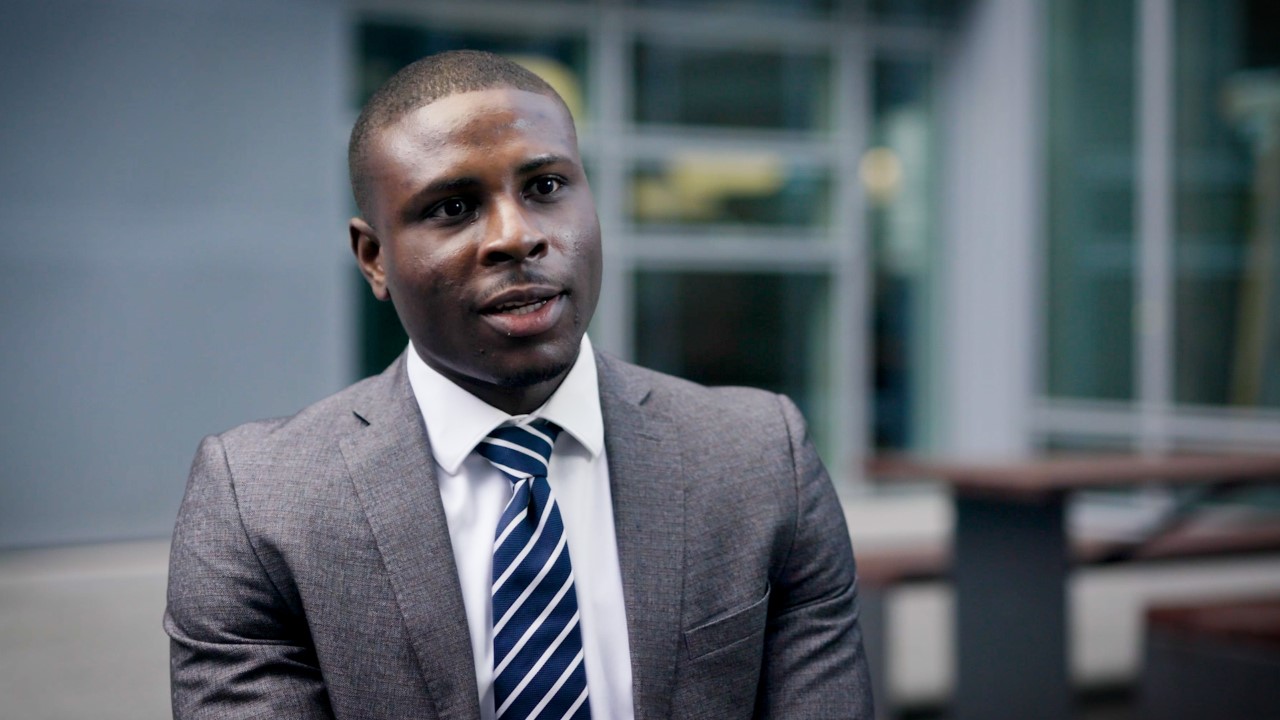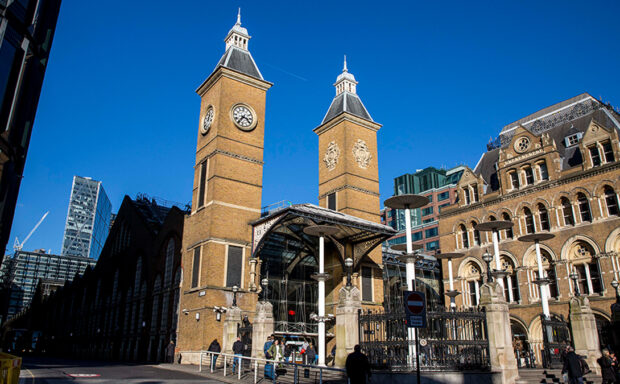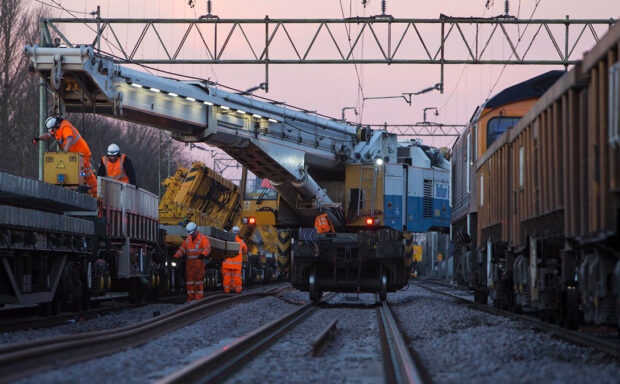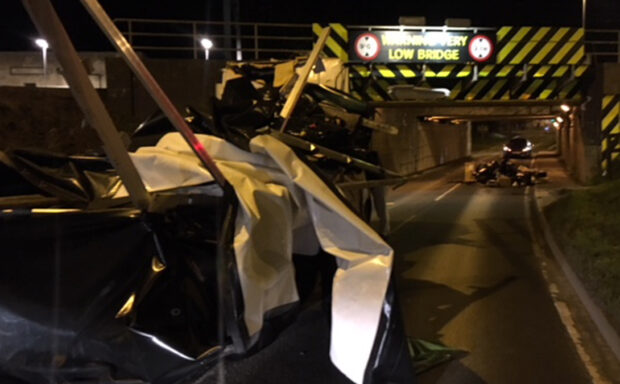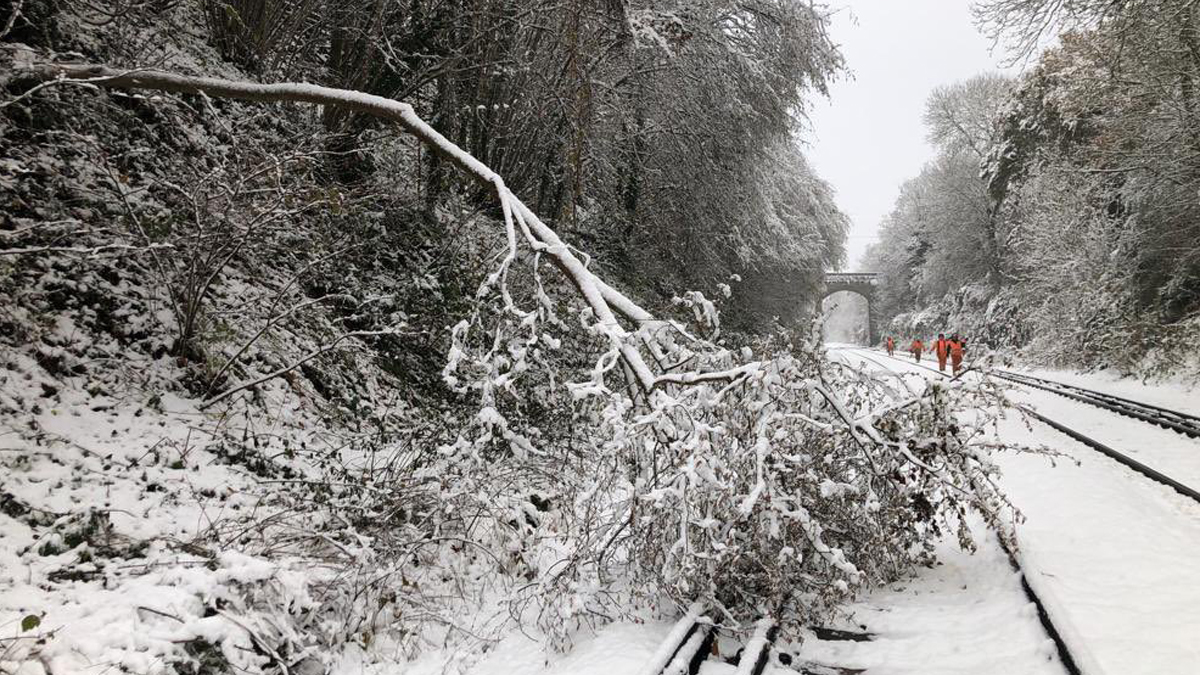Graduate Adedayo Akeredolu joined us straight from university and quickly found out that not one person is the same in our 40,000+ workforce.
We talk to him about diversity, unique thinking and exploring the global railway …
“Have no fear and just go for it.”
“Every part of you has so much value and can add so much.”
We’ve ranked among the UK’s best places to work – find out more
Watch Adedayo and colleagues in our film for Black History Month 2020, Change the Game
What’s your job?
I started in 2018 straight from university and what my job is, is to essentially learn as much about the railway as possible throughout the graduate scheme.
That means I go on different placements, explore different areas of the company, I meet lots of different people, attend conferences and seminars, begin my professional development and just learn as much as possible so I can see where in the company I fit into and where I can get the most out of my career.
Why is now the best time to be an engineer?
We have a shortage of engineers in this entire country, around the world really, and the way the world is moving and developing, there is a big need for people with technological skills.
And to come into engineering at this time would mean that you get to, especially coming into Network Rail, you get to learn from some absolutely worldwide-class experts. Managing the railway, managing the projects and how you actually lead a successful and ancient industry into the new age.
New ideas, new people will absolutely benefit and will be essential to actually taking the railway into the 22nd and 23rd century.
What do you love about your job?
It’s about learning and trying to be better every day. Just trying to improve upon what I know, be very aware of what I don’t know and have no fear and just go for it.
Did you have any role models growing up?
I can’t say I had one role model but I did take elements from people that I respected or liked. From Obama, for instance, I like the way he spoke to people and he communicated. From Olympic athletes, I like their dedication to something they wouldn’t essentially get the prize and praise for but they did it for themselves.
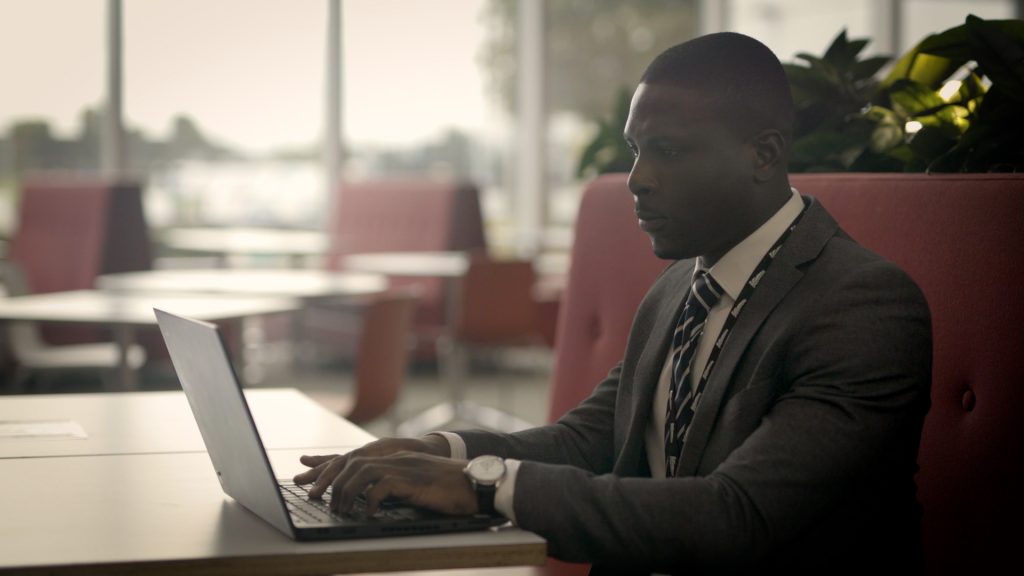
What do you wish you’d known when you were younger?
If you don’t ask, you don’t get and it feels as though I should have asked for a lot more.
What advice would you give a young person?
You need to make sure you don’t just let life happen because it does. Make sure you’re aware of what life is and where you are in it now. That way, you can achieve and do what you want to do.
To learn as much as possible. To listen more than you speak, to ask questions when you don’t understand. Because it’s not just you, it’s 10 or 20 other people as well … It’s okay to get things wrong … There are people there … to watch your back so it’s always good just to learn what you’re good at or at least try it.
What would you tell a young engineer who’s doubting themselves?
It’s natural. If you think you know everything about what you’re doing, you’re probably not doing something that’s pushing you or that you’re learning from. Challenges are what make you good at your job. When you finally overcome them, you gain all the learnings and teachings from them. It’s good to struggle. Just keep on trying and if you need help, ask around because everyone’s gone through it at some point. There’s always someone there to help.

What were you like as a child?
I was always a problem solver, just came naturally to me. I wanted to know how things worked, they worked. Was never afraid to ask questions and if something didn’t make sense, I would immediately say something.
What were you interested in at school?
Maths, physics, football.
What was the first thing you ever built?
I remember taking apart a family PC when I was about seven and I put that back together.
What was your first day of your engineering degree like?
I remember walking inside the lecture hall and I couldn’t tell that it was engineering because everyone was just different.
I looked around, there as a guy that was just massive – absolute weightlifter – in the corner, there were football fans you could hear talking about their fantasy league, there were just different people all together all at once and I thought, ‘is this really engineering?’
And then when the lecture started, everyone was focused and just looking at the board. ‘Okay, this is where I’m meant to be.’
What would you like to have achieved in 10 years?
I hope to be in the position where I’ve worked abroad because that’s one of my main focuses now. I want to work abroad and just experience the global railway. I also hope I’m in a position where I’ve learnt my craft, managed to hone it more. But there are many opportunities to work abroad. It’s a worldwide and global industry and this country holds some of the absolute railway experts.
What do you hope the railway will look like by the time you retire?
I would like to think by the time I’ve retired, we’ve left the railway in a place where it’s resilient, it meets the needs of the current climate, the current situation. That it’s as resilient as it needs to be because we know with global warming that we’re going to face even greater challenges.
Why is it important to have a diverse workforce and to feel you can be yourself at work?
There’s 40,000-plus people who work here and every person’s different.
It’s very important that you can be yourself as you actually work because you develop professionally and personally at the same time so it’s good that you can have some balance and actually enjoy what you’re doing.
Diversity is essential if you want to actually improve something to the best quality.
Watch Adedayo and colleagues in Change the Game – our film for Black History Month 2020
You’re unique in the way you think and the way you process things and just in what you might say as well. Your experiences have so much value that when you can actually bring them and share with your people, it might not be something you say, but it might be the way you do it. But just every part of you has so much value and can add so much.
What surprised you about the railway?
The huge size of the industry and just how part of every day life it is but you don’t notice it … When you’re actually part of it you can see how much work and dedication and expertise that goes into it. It helps you just to appreciate more and more that here are so many people who care about what they do and want to do the best job possible …
The attention to detail surprised me as well and just the paramount focus on safety throughout the industry. How important it was that we were able to work, feel safe as we did so and improve – on a daily basis – the processes to make sure everyone comes home safe.
Read more:
- Careers
- Graduate schemes
- Early careers
- Adedayo stars in Change the Game – a film for Black History Month
- Change the game – Q and A with apprentice Adelaja Aladejobi
- Change the Game – Q and A with ecologist Nathaniel Legall
- Change the Game – Q and A with apprentice Keneefia Parker
- Network Rail among UK’s best places to work
